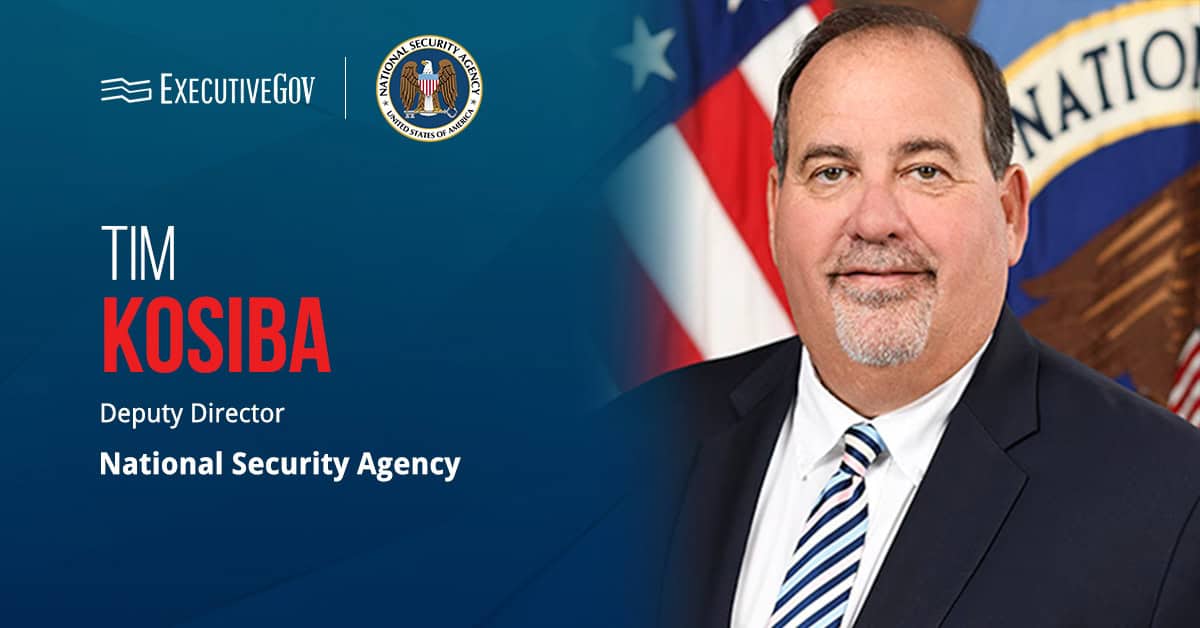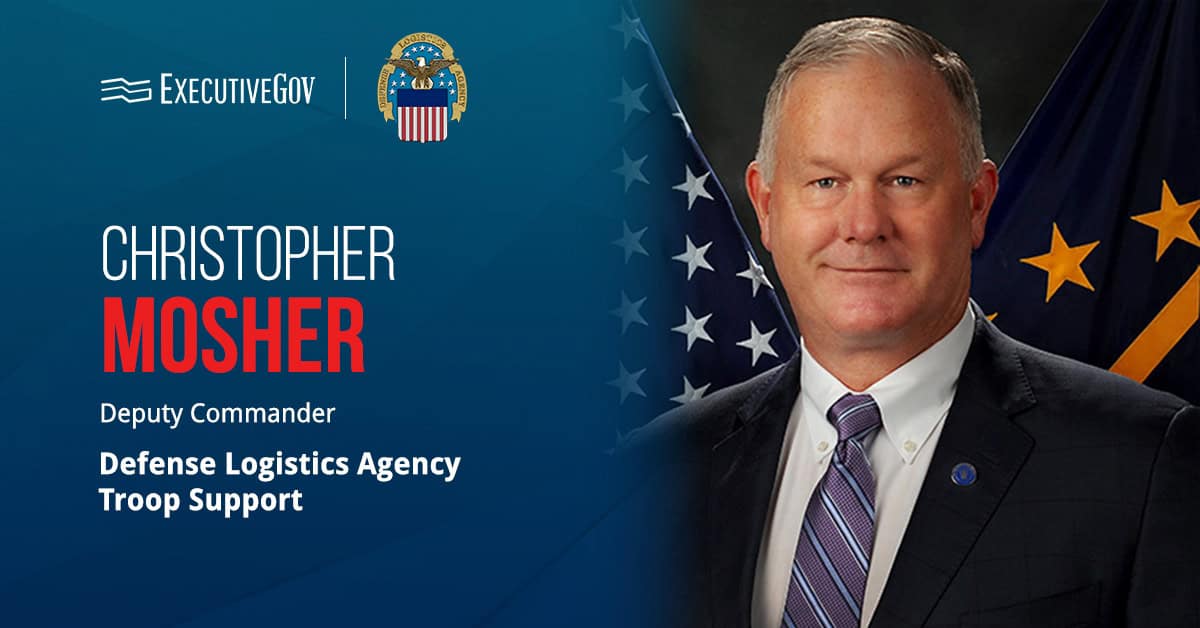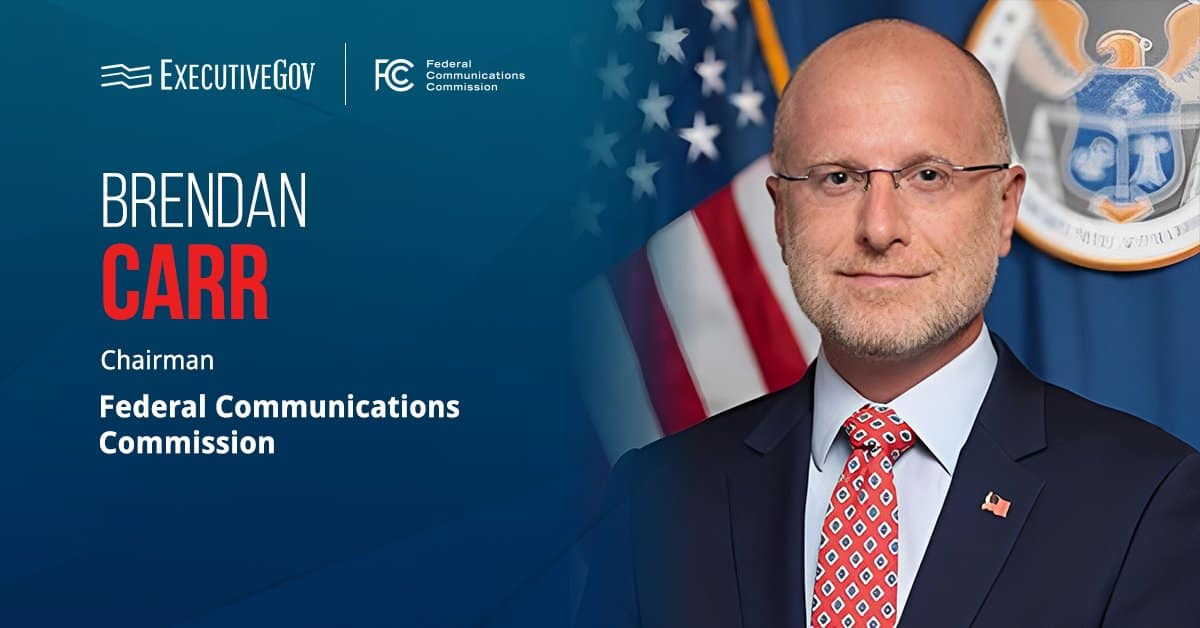
A pair of Lockheed Martin-built interceptors engaged ballistic missile targets during a flight test hosted by the U.S. Army at White Sands Missile Range in New Mexico. PAC-3 Cost Reduction Initiative interceptors used hit-to-kill technology to destroy the tactical missiles and met realibility requirements in support of the service branch’s Field Surveillance Program, the company said Thursday.
Army representatives and foreign military sales customers witnessed the testing event, which marked the 12th and 13th PAC-3 CRI FSP intercepts over the past seven years. The company noted that 14 countries have placed orders for the missile defense weapon.
“We expect PAC-3 interceptors to continue serving as an essential element in integrated, layered defense systems,” said Jay Pitman, vice president of PAC-3 programs at Lockheed.





